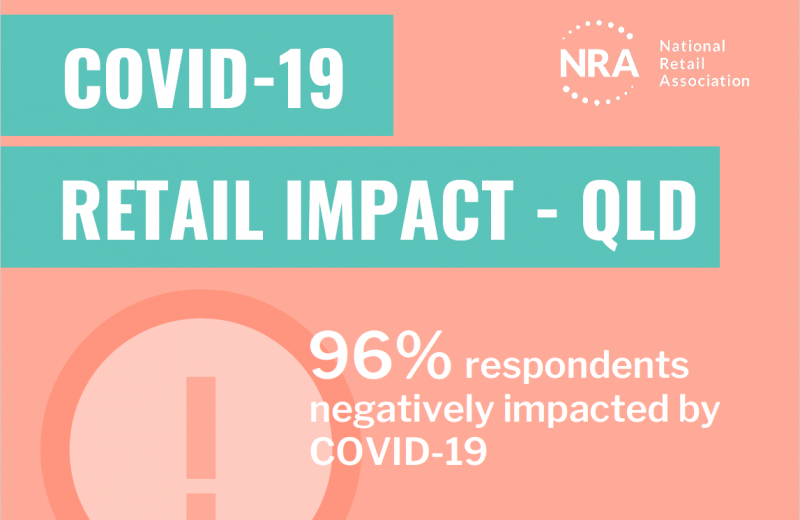The National Retail Association (NRA) has revealed that a whopping $400 million was raided from Queensland retailers by the impact of COVID-19 restrictions in March 2020.
A staggering 96 per cent of retailers who responded to the COVID-19 Impact Survey conducted by the NRA also claimed they had been negatively impacted during the Coronavirus pandemic.
NRA CEO Dominique Lamb said that the survey data demonstrated the devastating impact on Queensland retailers following COVID-19.
“The NRA estimates that Queensland retailers lost $400 million in revenue for the month of March alone. We anticipate that this would be worse for April given it was the first month to encompass the full suite of lockdown measures,” Ms Lamb said.
“Restrictions placed on business and the public were essential to limit the spread of Coronavirus and protect the community. Now we need to work together to achieve an economic rebound that keeps people in jobs.
“We know that governments at all levels have introduced measures to assist business, but these results underline the need for continued support.”
The news comes off the back of GDP results for the March 2020 quarter that has led Treasurer Josh Frydenberg to announce that Australia is in recession for the first time since 1991.
“The Federal Treasurer has conceded that Australia is now in recession, with the June quarter expected to be far worse than the economic contraction in first quarter of 2020,”
“The NRA urges consumers to do all they can to support local retailers as they battle Australia’s first recession in 30 years.”
Data collected by the National Retail Association from Australian retailers via the COVID-19 Impact Survey also provided the following feedback:
- 58% experienced either no increase or a decrease in annual turnover in the 2019 calendar year;
- 94% experienced an increase in or no change to the costs of doing business in the 2019 calendar year;
- 77% reduced their trading hours;
- 72% reduced the size of their casual workforce;
- 60% stopped paying rent and other outgoings;
- 60% implemented alternative roster arrangements;
- 26% stood down their workforce without pay;
- 20% reduced the size of their permanent workforce;
- 9% increased the costs of goods or services; and
- 9% stood down their workforce without pay.
Further information on feedback from retail respondents can be found in the attached infographic.



